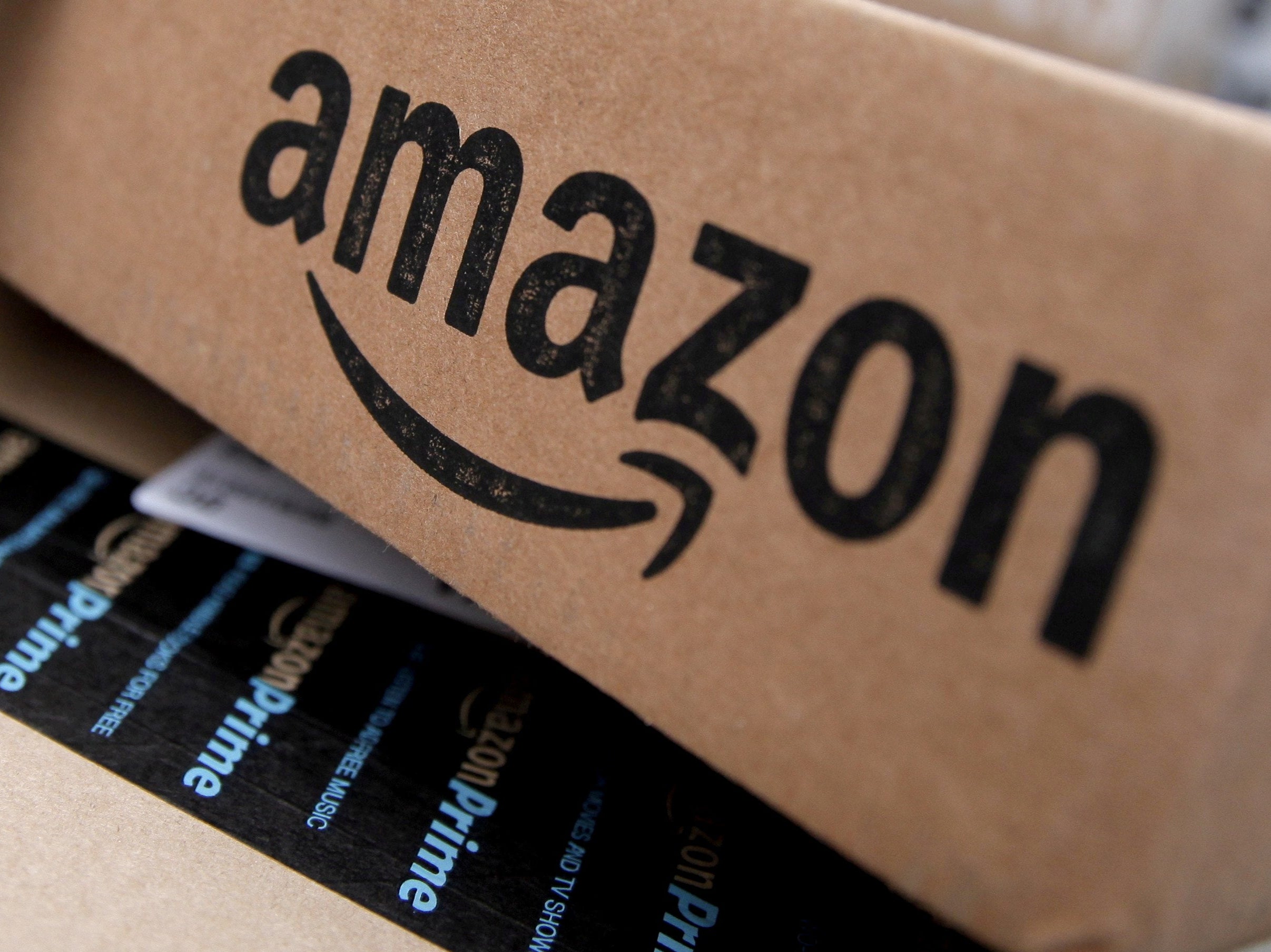There is only one way to kick the Amazon habit
Governments, and their regulatory agencies, have forced Amazon to change tack in the past – they must do so again now


For goodness sake, stop doing business with Amazon! Say adios to your Alexa, and your Audible subscription. Take the axe to Amazon Prime Video, and Amazon Music. Cast out your Kindle and your Comixology. Stop ponying up for Prime. Give megabucks Jeff Bezos the bird already!
This is what you’ll hear from some of the retail behemoth’s critics in the wake of the latest revelations about its tax payments, or rather the lack of them. They amount to a big fat zero in Luxembourg, where the hub, through which millions of customers in Europe and the UK place their orders, is situated.
And yes, it is perfectly possible to replace the above named services and the many other Amazon offerings. Doing so may sometimes mean trading one amoral corporate behemoth for another, but they aren’t all as awful as Bezos’s baby. They really aren’t. Some of them pay more than the price of a vending machine coffee in tax. Some of them treat their workers a little better than modern-day serfs.
The trouble is, Amazon has become so successful at inserting itself into our daily lives, some of its services have almost assumed the status of utilities, especially through lockdown. These services are a powerful, habit-forming drug, an addiction for people who work and have families to worry about, for people who would love an extra hour in the day purely for the purposes of getting enough sleep.
And what would kicking the habit even achieve for the individual, beyond a feeling of virtue and the ability to don a smug smile of self-satisfaction?
Bezos won’t notice. His monster will continue to feast, expanding into ever more areas, gobbling up more businesses along the road, leveraging its vast financial advantage, of which its apparently entirely legal failure to pay tax is just a part, cementing its dominance.
For consumers to force Amazon to change tack on their own would take the mother of all mass movements. Even if there were signs of one developing, and there isn’t, it would be a challenge on a par with scaling K2 in a T-shirt, jeans and a pair of old Nikes – just to move the company an inch.
No, the only realistic answer to Amazon’s poor practice, and this is true whether we’re talking tax, the rights of its workers, the treatment of businesses using its marketplace, is government. Amazon might be the sort of transnational mega-corporation that once featured in the fever dreams of Philip K Dick, but governments, and their regulatory agencies, have forced it to change tack in the past.
Take Amazon Marketplace, which is, as it likes to point out, used by millions of small businesses. The company used to prevent users from offering cheaper deals via their own websites or through other platforms, but that requirement was dropped in the UK and Europe in 2013 and it disappeared from the US a couple of years ago, too. The former followed pressure from regulators; the latter from politicians.
Another European case, over the use of seller data, is currently in progress. The unionisation drive in Alabama failed but President Joe Biden’s public support of the workers behind it has emboldened opponents.
If these latest revelations over tax practices add fuel to the discussions taking place over Biden’s call for a minimum corporation tax rate, so much the better.
This is not a fight the consumer, even the informed consumer, can manage. Amazon has become too big, too ubiquitous, too powerful. And, yes, that is partly because it is very good at serving the consumer (but just imagine what might happen if it doesn’t have to worry about looking after them, which is what ultimately tends to happen with large, monopolistic entities).
It is the responsibility of governments and their regulatory agencies to bring entities like this one to heel because if they can’t, what are they there for? The fact that clipping the wings of the giant would also prove popular could be counted as a Prime Day bonus for lawmakers.
Join our commenting forum
Join thought-provoking conversations, follow other Independent readers and see their replies
Comments
Bookmark popover
Removed from bookmarks